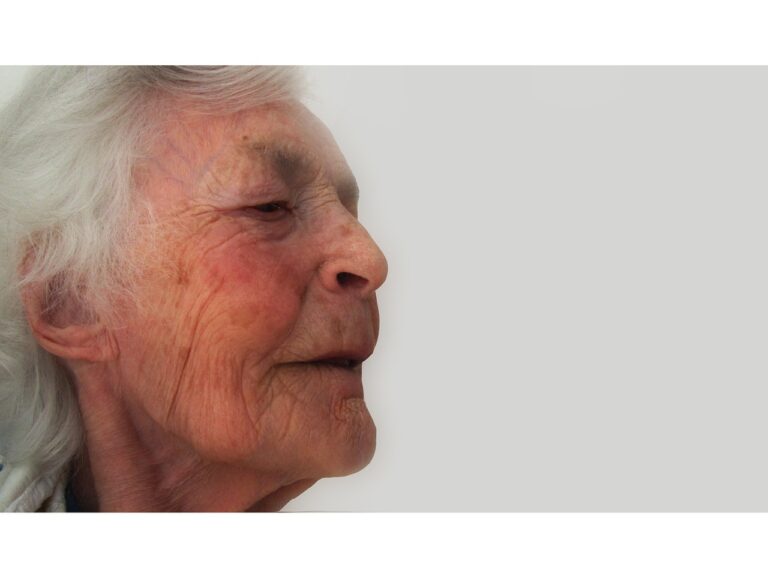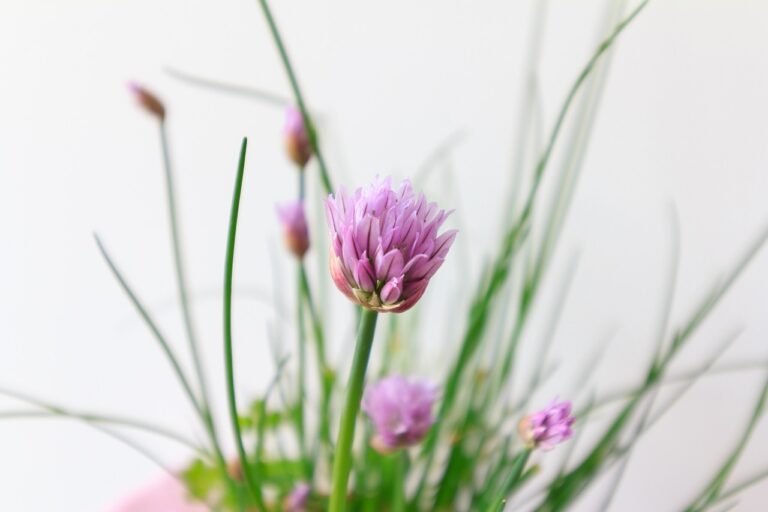Exploring Traditional Medicine Practices Around the World
Traditional healing practices in Asia have been passed down through generations, deeply rooted in the cultural and spiritual beliefs of each respective country. These ancient healing methods encompass a wide range of modalities, from herbal remedies and acupuncture to meditation and energy work. The fundamental principle behind traditional healing is the idea of restoring balance and harmony within the body, mind, and spirit.
One example of traditional healing in Asia is Chinese medicine, which takes a holistic approach to health by focusing on the interconnectedness of the body’s systems. This ancient practice emphasizes the importance of maintaining a proper balance of yin and yang energies to promote overall well-being. Chinese medicine incorporates treatments such as herbal medicine, acupuncture, and qigong exercises to address a wide array of health issues and restore harmony within the body.
Chinese Medicine: A Holistic Approach to Health
One of the key principles of Chinese medicine is the belief in the interconnectedness of the body, mind, and spirit. This holistic approach focuses on treating the root cause of health issues rather than just addressing symptoms. Through practices such as acupuncture, herbal medicine, and tai chi, Chinese medicine aims to bring the body back into balance and harmony.
Acupuncture, a well-known component of Chinese medicine, involves the insertion of thin needles into specific points on the body to stimulate energy flow. This ancient practice is believed to help regulate the body’s qi, or life force, and promote healing. In addition to acupuncture, Chinese herbal medicine is another integral part of this holistic approach, using a variety of herbs to support the body’s natural healing processes.
Ayurveda: Ancient Healing System from India
Ayurveda is an ancient healing system rooted in the rich cultural heritage of India. This holistic approach to well-being focuses on balancing the mind, body, and spirit to achieve optimal health. With roots dating back thousands of years, Ayurveda emphasizes the importance of lifestyle choices, including diet, exercise, and mental well-being, in maintaining overall wellness.
Central to Ayurvedic philosophy is the concept of individual constitution, or dosha, which categorizes individuals into three main types – Vata, Pitta, and Kapha. By understanding one’s unique dosha and imbalances, Ayurvedic practitioners can recommend personalized treatments to restore harmony and promote health. Herbal remedies, yoga, meditation, and specialized diet plans are commonly used in Ayurveda to address ailments and support overall wellness.





